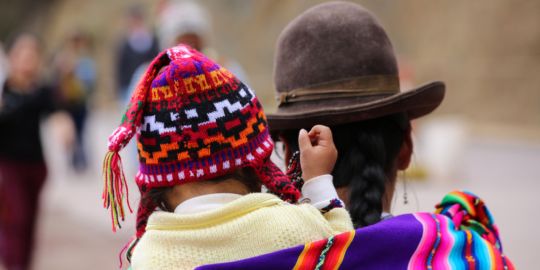Hello,
My name is Jenna and I am Canadian. My boyfriend is Peruvian and lives near Lima. I entered Peru last year on June 3, 2022 and left to go back to Canada on August 21, 2022. I returned in October 5, 2022 to spend the holidays with my boyfriend and his family. I was told I had 11 more days upon entering and that if I stayed longer I would have to pay a fine.
I left on January 12 and paid my fine for the extra days. I visited Migraciones prior to leaving because I want to come back as soon as possible (long distance sucks) and I want to stay in Peru with my future husband. I was told that I would be ok to return after June 3 of 2023 as that would be a year since I first entered last year. I just purchased my flight for June 13, 2023 and the plan is to get married right away and change my visa as soon as possible.
Here are my questions:
- Is there a chance they deny me from entering? If so, what steps could I take to prevent this from happening?
- Is it easy to find work in Peru and get a work visa in country? I teach ESL English and have my TEFL Certificate.
- Would it be easier to stay through getting a family visa once married?
- Are there any other ways that will allow me to stay with my future husband?
Thank you so much!











